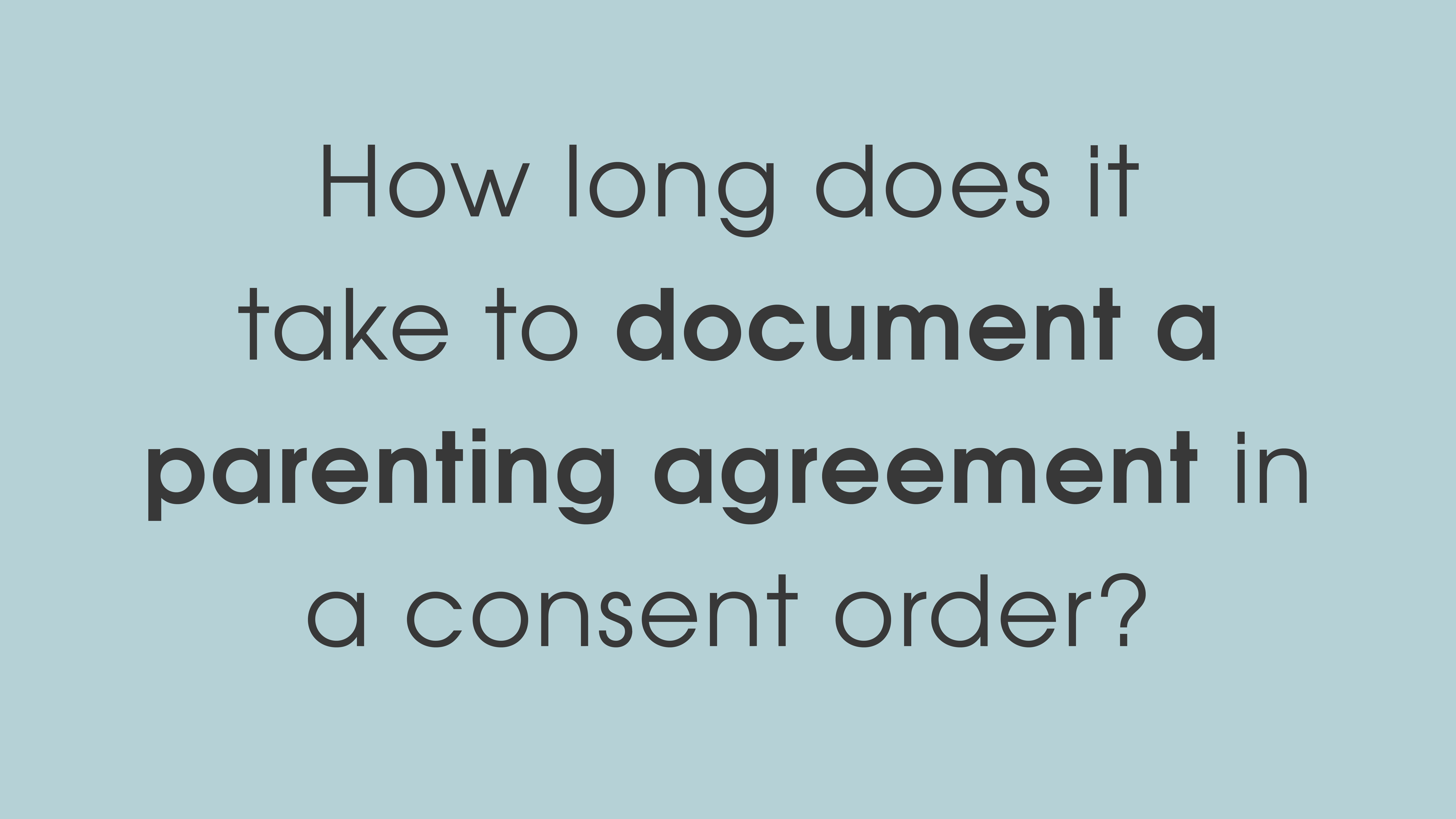What is disentitling conduct? How will it impact my estate claim?

In Queensland Section 41 of the Succession Act 1981 sets out the law which relates to applications for further provision. In summary Section 41 says:
If a person dies with or without a will and has not made adequate provision for the proper maintenance and support for their spouse, child or dependant, the Court may order such provision as the Court thinks fit.
Importantly the court may refuse to make an order if the Court thinks that the Applicant’s character or conduct disentitles them from an order or where to refuse to make an order would be reasonable. *
Why is it important to understand how disentitling conduct works?
There are a number of scenarios which may be relevant.
Firstly, you may be a potential applicant considering a claim against an estate where you have been left out of a will. If there has been disentitling conduct your claim may be impacted by that either reducing what the court considers appropriate or making no provision at all.
Secondly, you may be the executor appointed pursuant to the will where there are fractured family relationships. Understanding the approach the Court might take in dealing with potential applicants is key in carrying out your role as executor.
Thirdly, you may be a potential beneficiary of the estate where your sibling or another family member has been left out of the will for disentitling conduct. For you, it will be important to understand what the law is to prepare yourself for any claim which might be made.
What does the law say?
Generally, it is said that it must be misconduct towards the deceased or character or conduct which shows that any need which the applicant has is due to his or her own default.** Where there are issues of character or conduct which is considered by the court, it may not disentitle the applicant entirely, it may, however, it may reduce the amount which is ultimately provided. The emphasis on the section in the law is on the word “may”. This provides the Judge with a discretion as to how such character or conduct will be taken into account, if at all.
Each case will require an assessment of its own facts. Many of the cases point to behaviour which intended to end the relationship and was not encouraged or contributed to by the deceased.*** For example, serious continuous domestic and family violence has been held to be disentitling conduct, as has taking a sane testator to a mental hospital to have her admitted. Generally, evidence of adultery amounts to conduct disentitling, but it must be proven, not just alleged. In some circumstances, the act of separation itself is not likely to amount disentitling conduct however if it is for a great period and there is no communication it may.
For children, disentitling conduct is conduct which shows complete rejection or positive ill-treatment of the parent by the child or a criminal act directed towards the parent. Examples may include making threats of violence towards the deceased, physically assaulting or committing other offences against the deceased and threats to the deceased’s property.
Serious criminal offences, even though they are not directed at the deceased, are likely to be held as disentitling conduct allowing the Court the discretion to refuse to make an order where it would not be reasonable. Cases have included a son who was heavily involved in illegal drug dealing over a long period along with a long period of estrangement from the deceased and another who was in jail at the time of death with a long criminal history, was estranged from the deceased.
Getting advice
Regardless of whether you are the potential applicant, the executor or another beneficiary it is important to get advice about the particular circumstances of your case. There are significant consequences relating to costs if an application is brought by an applicant without merit (that is, that the disentitling conduct is accepted by the court) and you may end up with a bill to pay the legal costs of other parties if you are not successful. It is also important to understand the process involved in any claim.
~~
* Section 41(1) and (3) Succession Act (Qld) 1981
** Re Gilbert (1946) 46 SR (NSW) 318, 321
*** See generally de Groot & Nickel, Family Provision in Australia





